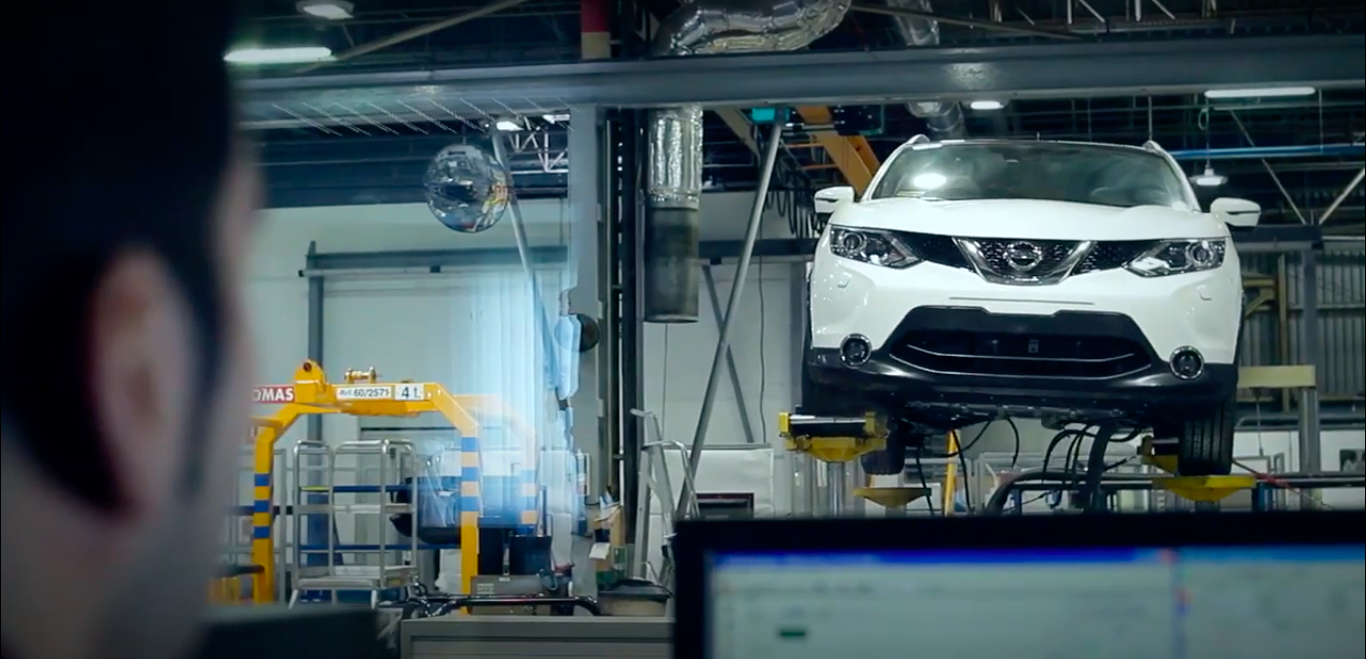
Table of Content
▼7 parameters, the parameters that determine the quality value of the car. We need to examine the different aspects that contribute to the quality of each parameter. Detailed instructions for each parameter:
1. Initial cost vs. Long term value
When evaluating a job's value for money, initial cost is important, but must be weighed against long-term factors such as maintenance, fuel efficiency, and depreciation. A cheap job is more expensive in terms of high maintenance or fuel costs, so the total cost of ownership over several years gives a clear picture of the value.
2. Reliability and durability
A cost-effective car must be reliable and durable, minimizing repair costs and ensuring durability. Factors like brand reputation, build quality, and reliability ratings from Consumer Reports play an important role here. A vehicle that needs fewer repairs and retains its performance as time goes by provides increased value.

3. Fuel efficiency
Fuel costs are a significant expense over the life of a car. Fuel-efficient cars lead to cost savings at the gas station and lower their impact on the environment. Evaluating the fuel experience in different driving conditions (city, highway) and comparing it to similar models helps in determining value.
Also Read: Know how second-hand cars are valued to get a good price
4. Safety Features
Safety is non-negotiable. An affordable car comes with essential safety features like airbags, ABS, ESC, and ADAS. The value proposition of a car is affected by crash test ratings and the availability of safety equipment.

5. Resale value
Depreciation is necessary, but some cars are better value than others.Brand reputation, popularity of model, reliability, and maintenance costs are key determinants of resale value.. A resale value assessment helps to understand the long-term financial implications as well as the overall value for money.
6. Comfort and convenience
The value of a car is extending beyond its basic utility to include comfort and convenience, as well as features. Interior space, seat comfort, climate control systems, infotainment options, and connectivity features contribute to overall fulfillment and perceived value These features are balanced with value to ensure optimum value.

7. Ownership and maintenance costs
Other than the purchase price, the cost of ownership includes insurance premiums, routine maintenance and repair costs. Vehicles with available parts, minimal maintenance requirements, and competitive insurance rates have good long-term value. Adding up these costs over time provides insight into the car’s true affordability and value.
Conclusion
Each parameter plays a vital role in determining whether a car truly provides value for money.Through overall consideration of these factors, consumers are able to make well-informed decisions that match their financial constraints, way of living, and future objectives. This comprehensive evaluation ensures that the concept of value for money goes beyond initial affordability and extends to the overall user experience.
Also Read: Top 5 Android Auto Features That Enhance Your Driving Experience
Neha Mehlawat
Neha Mehlawat is an automotive journalist and industry analyst with 10+ years of experience covering cars, bikes, and mobility trends. She tracks the latest launches, technology upgrades, and policy changes in the auto sector, delivering sharp insights that help readers stay ahead in the fast-evolving world of automobiles.
_1772098099.webp)
_1772090295.webp)
_1772088394.webp)


